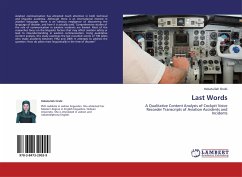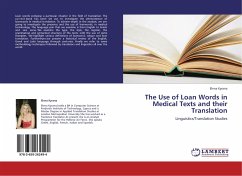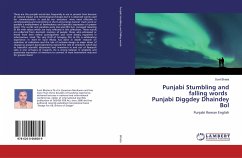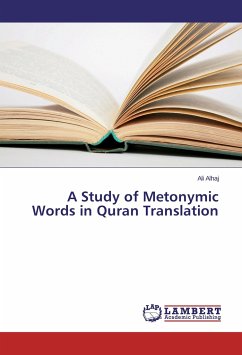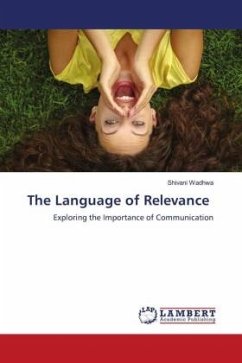Aviation communication has attracted much attention in both technical and linguistic academia. Although there is an international interest in aviation language, there is an obvious negligence of discovering the language of disaster, and how it is actually used. Comprehensive studies of the role of communication in aviation incidents are limited. Most of the researches focus on the linguistic factors that may affect aviation safety or lead to misunderstanding in aviation communication. Using qualitative content analysis, this study examines the last recorded words of 149 pilots who made accidents between 1962 and 2009. It attempts to address the question: How do pilots react linguistically in the time of disaster?
Bitte wählen Sie Ihr Anliegen aus.
Rechnungen
Retourenschein anfordern
Bestellstatus
Storno

